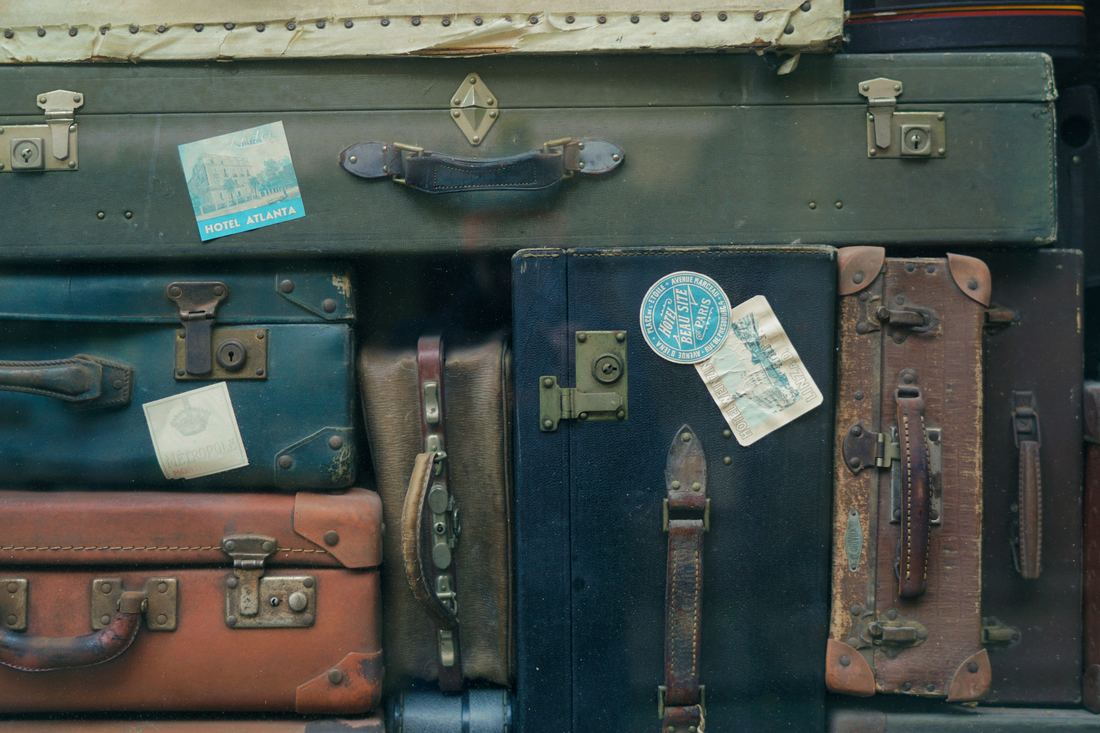When people are considering giving mediation a try, they often ask: How is mediation different from couples therapy?
The short answer is: very different. While couples therapy is focused on the relationship involved, mediation is focused on resolving a particular conflict or disagreement. At times, the two might feel similar – you're sitting in a room, talking through difficult and often emotional issues with the help of a professional – but the goal is very different, and as a result, so is the process.
To help explain this difference, consider the following metaphor. Let's begin with couples therapy: Imagine that you and your partner are going on a trip – you don't know how long your trip will be, and you don't even really know where you're going, but you've both packed your suitcases and you're ready to hit the road. Your couples therapist is there to help each of you open your suitcase and look closely at everything you've packed for the journey. The therapist will help you both think carefully about what you've each packed, and with the therapist's help, you might discover things in your suitcase that you didn't even know were there. Your therapist will help you and your partner consider taking certain items out of your suitcase, adding others in, or arranging your items in a completely different way. And, along the way, it's possible that your understanding of the journey itself might change, and you might end up heading in directions that you never would have imagined at the outset.
The short answer is: very different. While couples therapy is focused on the relationship involved, mediation is focused on resolving a particular conflict or disagreement. At times, the two might feel similar – you're sitting in a room, talking through difficult and often emotional issues with the help of a professional – but the goal is very different, and as a result, so is the process.
To help explain this difference, consider the following metaphor. Let's begin with couples therapy: Imagine that you and your partner are going on a trip – you don't know how long your trip will be, and you don't even really know where you're going, but you've both packed your suitcases and you're ready to hit the road. Your couples therapist is there to help each of you open your suitcase and look closely at everything you've packed for the journey. The therapist will help you both think carefully about what you've each packed, and with the therapist's help, you might discover things in your suitcase that you didn't even know were there. Your therapist will help you and your partner consider taking certain items out of your suitcase, adding others in, or arranging your items in a completely different way. And, along the way, it's possible that your understanding of the journey itself might change, and you might end up heading in directions that you never would have imagined at the outset.
Mediation, on the other hand, is quite different. As with couples therapy, you and your spouse – or partner, co-parent, fiancee, or whatever the case may be – are going on your trip, and your bags are packed. But unlike couples therapy, you have a clear sense of your destination – which, depending on your particular situation, might be divorce, a new co-parenting plan, or a prenuptial agreement. The problem is, even though you both know where you're headed, you don't know how to get there – you need someone to help you board the train, show you the designated stops along the way, and help you both get to the other side without all of your luggage getting in the way. That's where the mediator comes in. Your mediator helps you understand the legal process (helps you board the train), provides a structure for your journey (shows you the designated stops along the way), and helps you communicate effectively as you navigate difficult issues and areas of disagreement (helps you both get to the other side without your luggage getting in the way). Occasionally, in order to do her job well, your mediator may need to peek inside your suitcases, and help you each think about ways that you might fold things a bit differently – but your mediator will only do this to the extent that it is necessary to help you reach your final destination, and unlike a couples therapist, she will keep a safe distance from the deepest depths of your bag. When you do reach your last stop, your mediator will help you both make your way off the train before bidding you farewell. She has helped you make your way to the other side of your conflict, so that you can each go in your own directions peacefully.
Although the central goal of mediation is not to improve the relationship, but rather, to resolve the conflict at hand, it should be noted that many people do find that their relationships and communication are improved as a result of the mediation process. When these folks do reach their final destination, they find that working together with the help of a skilled professional to navigate complex and often emotional challenges has positively impacted the way they relate to one another, allowing them to arrive at their destination with a new sense of peace and understanding.
If you'd like to learn more about our mediation practice, or the ways in which mediation differs from couples therapy, please feel free to contact us today.

 RSS Feed
RSS Feed